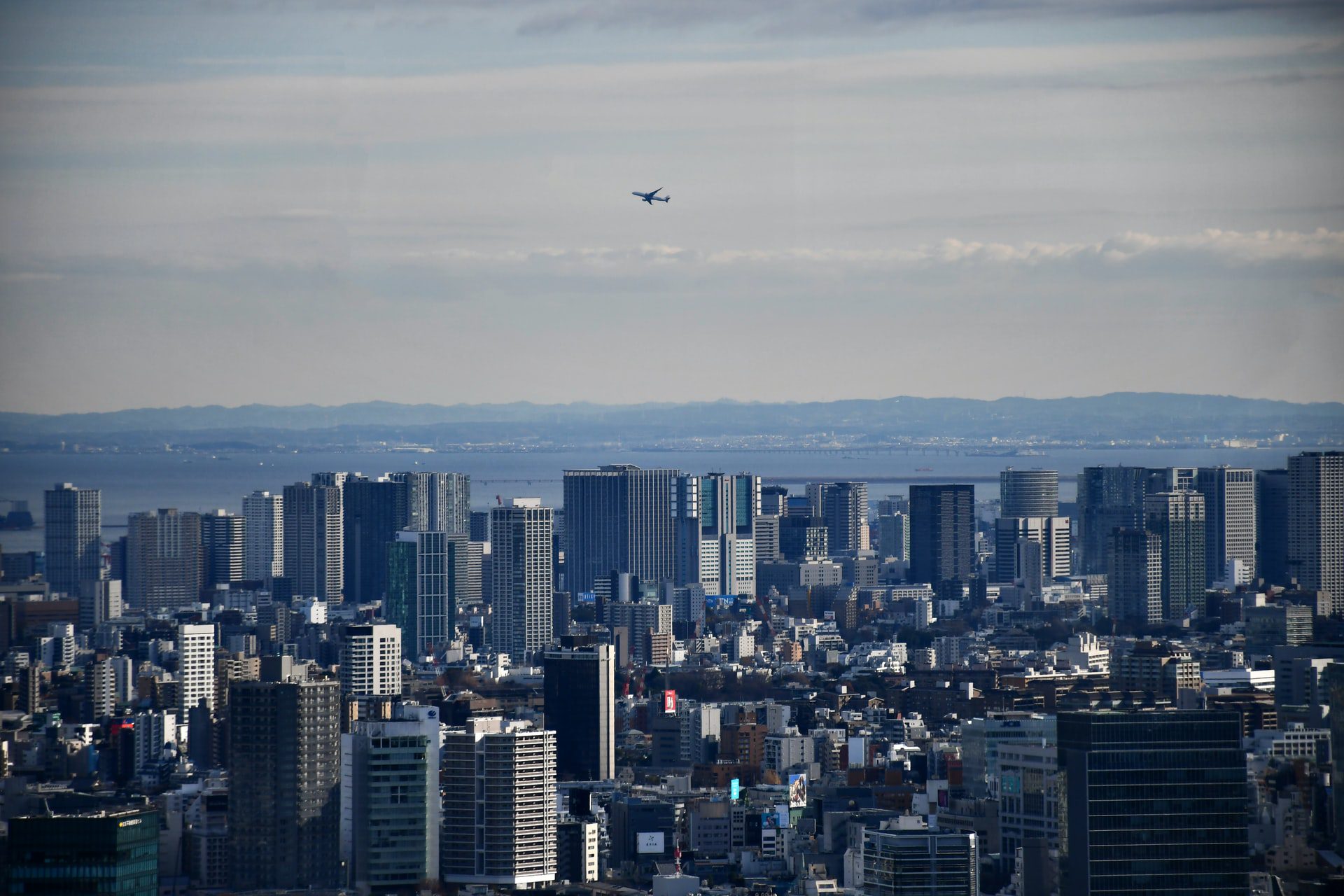Will New Business Class Fares Woo Back Corp Travelers?

Skift Take
After Emirates, now low-cost carrier Zipair is offering a "basic" business-class product. The concept sounds great, but convincing company travel buyers could be a challenge.
It’s business class, but without the champagne. Or a meal. Or most of the other included extras you’d typically associate with this type of booking.
New Japanese low-cost carrier Zipair on Friday is taking to the skies with a new “basic” business class product, essentially a full-flat seat. “The cover of each seat is made with genuine leather, allowing one to relax and enjoy the flight experience, while being equipped with reading lights and charging equipment,” the carrier said in a statement.
Zipair, a subsidiary of Japan Airlines, will initially fly between Tokyo Narita and Incheon International Airport in Seoul, South Korea, using Boeing 787 Dreamliners. These basic business-class seats are priced at $285 and economy at $75. Tokyo-Bangkok flights are also being planned at some point in the future.
It’s not the first airline to unbundle premium fares in this way. In June last year, Emirates began offering H fare — a
